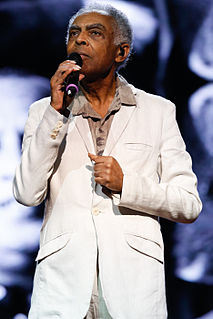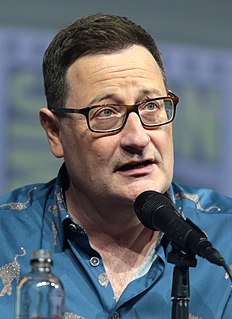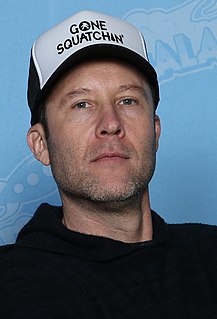A Quote by Liberty Ross
My father ran a famous L.A. nightclub complete with roller-rink - Flippers - in the early Eighties which was the West Coast's answer to Studio 54.
Related Quotes
Beginning in the sixties, but getting strong during the seventies and eighties, everybody was sort of Miles Davis and Chick Corea and the jazz guys on the west coast and east coast in America, and then in Switzerland and lots of groups in England and elsewhere, like here in Brazil. We were all under a heavy influence of technological gadgets and changes that we used as elements to produce and create music.
As the West Coast offense has spread out among the NFL, as all of Bill Walsh's assistants and all of Mike Holmgren's assistants have gone on to be head coaches, it's all the West Coast offense, but it's all a little different, tailored to the personnel or the coordinators or the resources each team has.










































